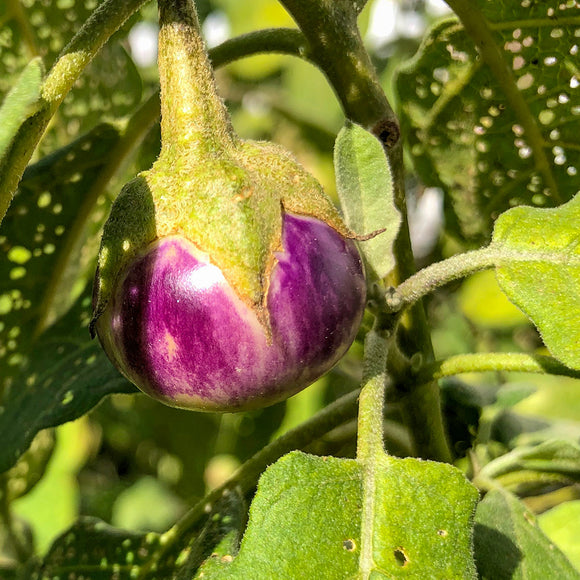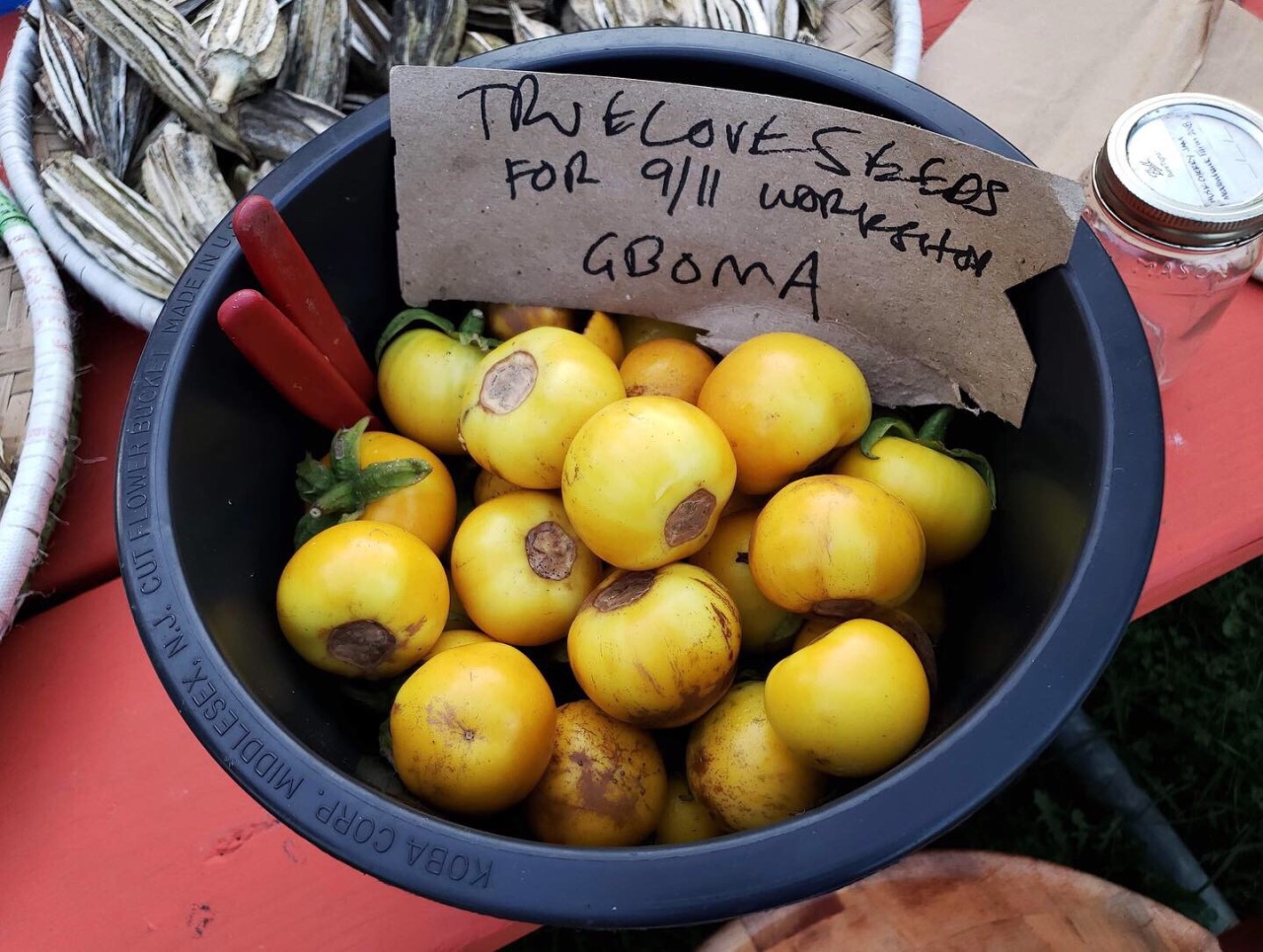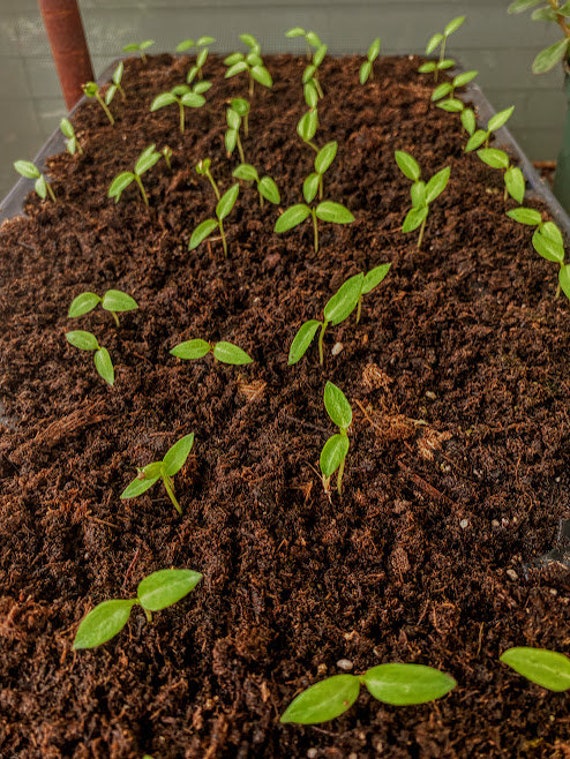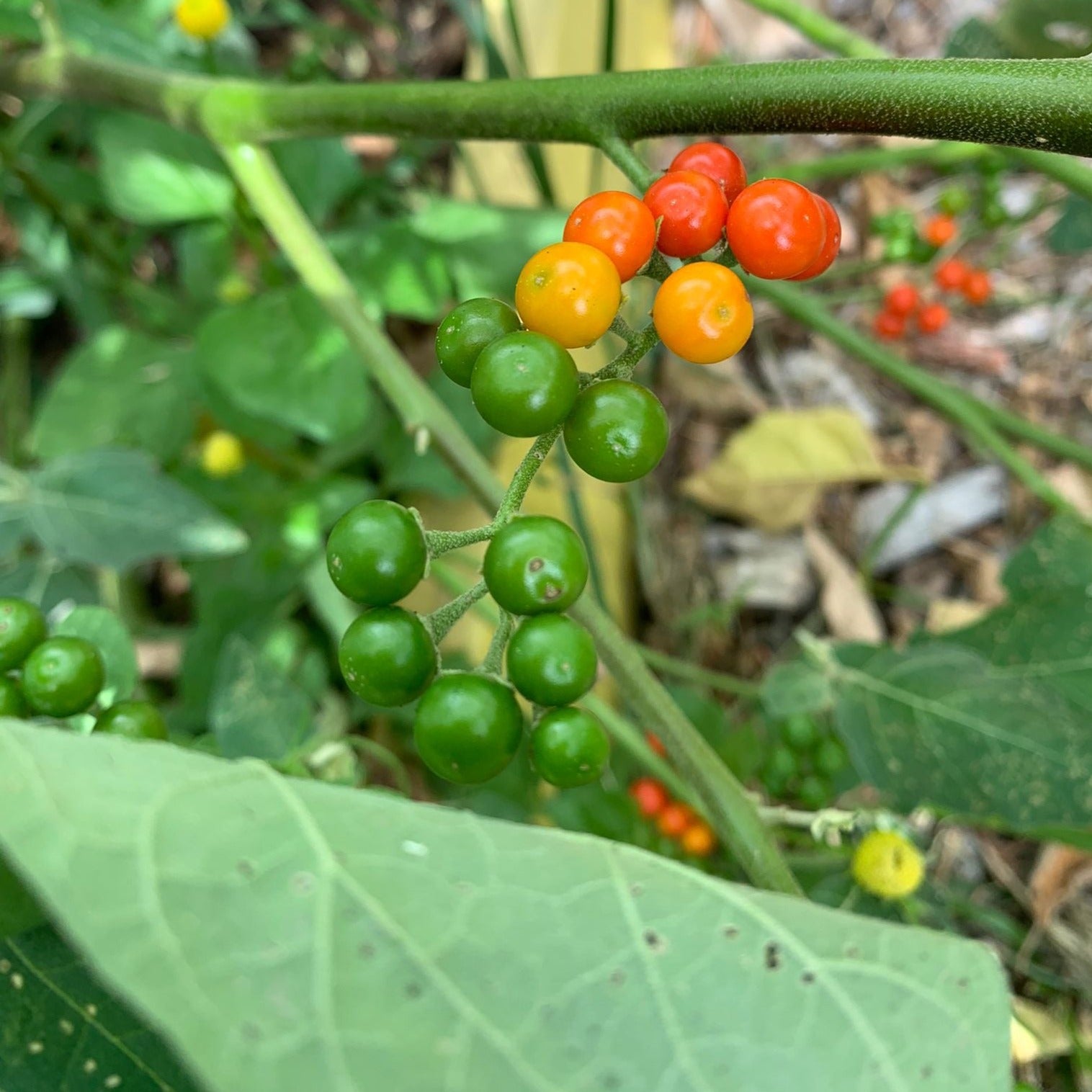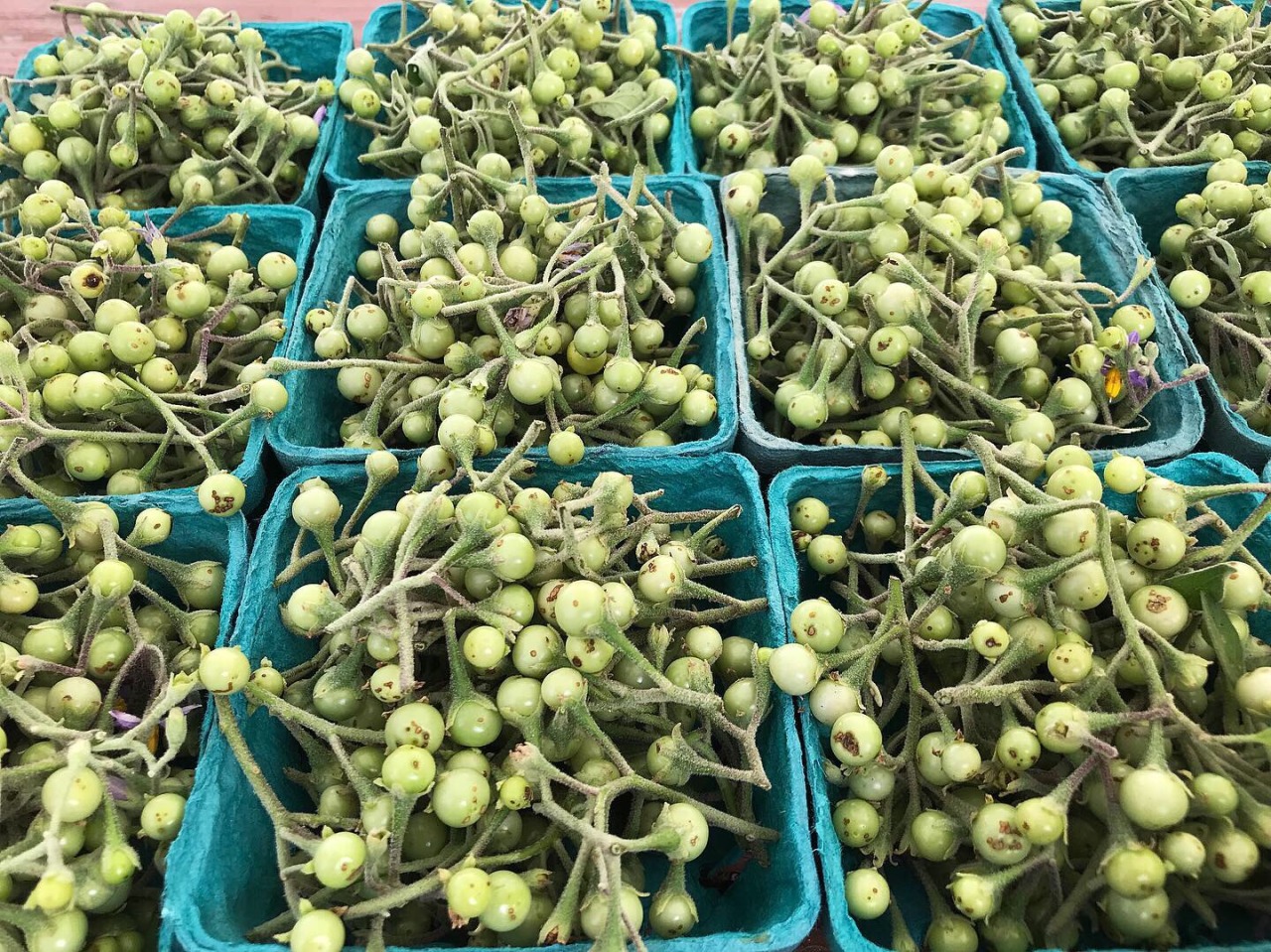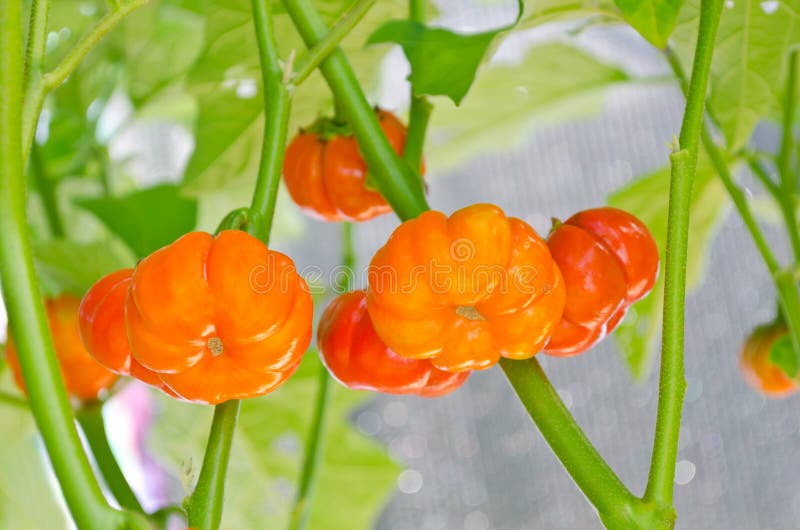Striped Garden Egg (Striped Toga Eggplant) – Truelove Seeds
This African variety has a delicious and slightly bitter flavor. There are many varieties of Garden Egg, but this one is special because of its beauty and productivity. The 3-long striped fruits are versatile and can be eaten raw, boiled, sautéed, or in soups. They are slightly later to produce and taller than other eggplant but very productive once they get going. Many traditional African recipes can be found online and they also are excellent simply grilled or sautéed with other veggies. The rich flavor lend itself well to spicy dishes. Young leaves are cooked down into stews.
In the West, this particular variety is known as Striped Toga Eggplant, which causes many to assume origins in Togo. There are several striped varieties of this Gilo type of African or Scarlet Eggplant, but it is difficult to find African sources of information about Striped Toga. African eggplants are traditionally eaten while green and/or white, before they become colorful and develop hard seeds, though many Western seed catalogs and chefs say to eat this variety when orange, and many simply promote it as an ornamental plant. If you are African (or from anywhere else!) and recognize this variety as your traditional food, we would love to hear more about how you grow and cook with it!
Days to maturity: 80-90
Seeds per pack: 60
Germination rate: 77% on 02/09/2023
Planting / harvesting notes
These are heat-loving and seeds should be started indoors about 1/4 deep, about 8 weeks before the last frost. Transplant into garden well after the danger of frost. The growing characteristics are similar to most eggplants. The plants reach about 4-5 feet tall and should be planted 12 inches apart. They need full sun and fertile soil. Staking helps as the plants become heavy. The eggplants begin green, but should be picked when they are about 3 inches long and green and white. They must be picked regularly to keep production and ensure they don’t over ripen. For seed saving the fruits ripen to orange.
Seed keeping notes
Eggplants are generally self-pollinating, though we isolate different varieties of the same species by 300 feet, in hopes that flying insects will not cross pollinate them unexpectedly. Eggplant seeds are ripe when the fruits get far past their edible stage, and have turned another color, in this case orange. Cut the fruit, scrape out seeds (perhaps through a heavy-duty screen) into a vessel, add a little water (1-2 is probably plenty) to your seeds and pulp to keep them from drying out, and allow them to ferment away from direct sunlight. Alternatively, if you have lots of ripe fruits, stomp them in a bucket! Fermentation is not necessary with eggplants, but it makes seed cleaning a bit easier. Ideally, you will stir the concoction every day for 3-5 days. In the end, add more water to fill the vessel, stir one final time, and allow to settle. Pour off the floating material and then strain the seeds through a strainer. Sometimes, you will need to add more water and pour off the floating material several times until the water is clear and you can see the seeds sunken at the bottom. Squeeze dry the strained seeds in a towel, and then lay out to dry on a labeled screen or paper product in a ventilated place away from direct sunlight for a week or two.




